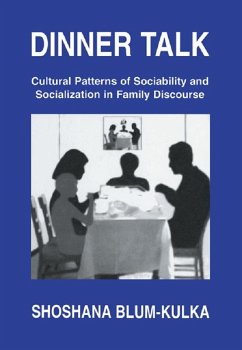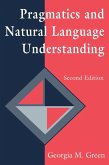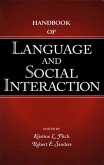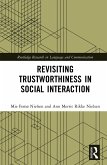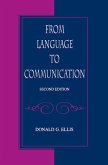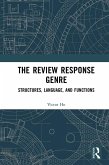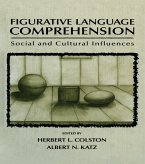Family discourse at dinner emerges as a particularly rich site for discursive socialization and a highly meaningful enactment of sociable behavior in culturally patterned ways. Although all the families studied have a commom Eastern European background, Israeli and Jewish American families are shown to differ extensively in their interactional styles, in ways that enact historically different, community-related interpretations of the dialectics of continuity and change. Native Israeli, American Israeli, and Jewish American families differ culturally in the ways they negotiate issues of power, independence, and involvement through various speech activities such as the choice and initiation of topics, conversational story-telling, naming practices, metapragmatic discourse, politeness strategies, and in immigrant, bilingual families, language choice and code switching. Dinner Talk demonstrates the unique interactional style of each of the groups, linking the observed communication patterns to the ideological, sociocultural, and historical contexts of their respective communities.
This innovative study of family discourse from a cross-cultural perspective will appeal to students and specialists in sociolinguistics, communication, anthropology, child language, and family and Jewish studies, as well as to all interested in patterns of communication within families.
Dieser Download kann aus rechtlichen Gründen nur mit Rechnungsadresse in A, B, BG, CY, CZ, D, DK, EW, E, FIN, F, GR, HR, H, IRL, I, LT, L, LR, M, NL, PL, P, R, S, SLO, SK ausgeliefert werden.

